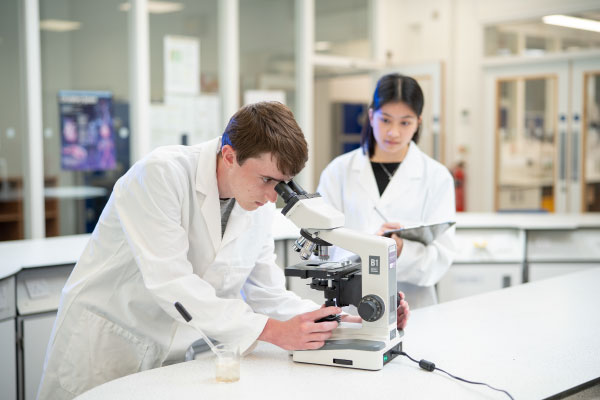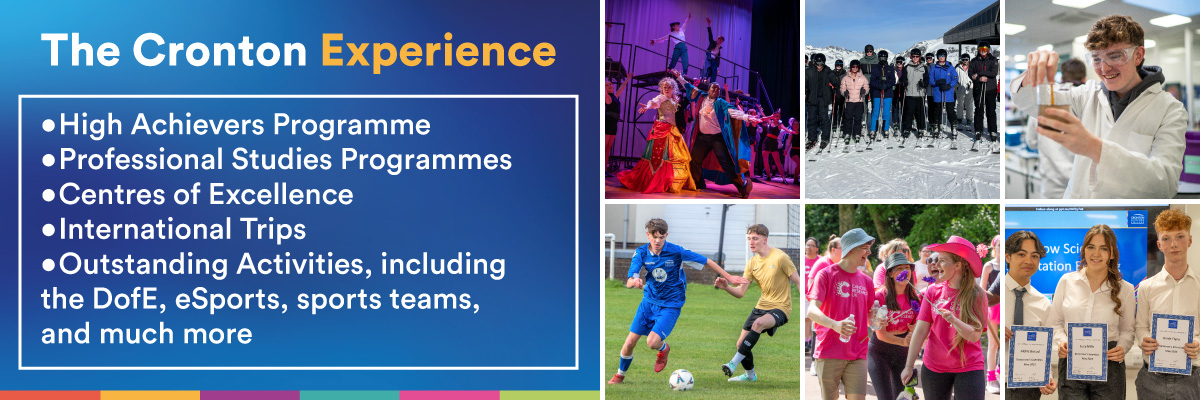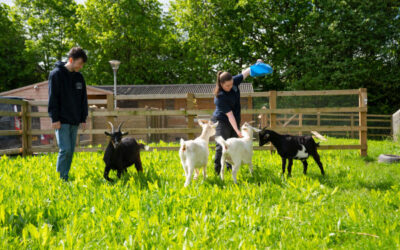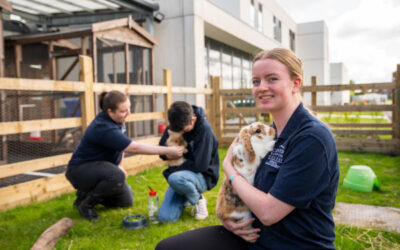Level: 3 | Duration: 2 Years | Details: September
What is this course about?
The Technical Qualification in Science (Level 3) is a T Level program, which is designed to provide students with theoretical concepts, skills and knowledge and access to real world contexts needed for a career in the science industry.
A T Level in Science is a two-year qualification designed for students aged 16-19 who are interested in pursuing a career in the science sector. T Levels are new, high-quality technical qualifications, developed in collaboration with employers. This Level 3 qualification is equivalent to three A Levels and combines classroom learning with practical experience through industry placements, students will complete a minimum of 45 days (315 hours) of placement within a science-related employer.
Key Features of the T Level in Science include Core Knowledge and Skills, and Specialization Options. Occupational Specialisms develop the knowledge, skills and behaviours necessary to achieve threshold competences in an occupation and industry. Industry Placement: A minimum of 315 hours (approximately 45 days) of industry placement is required, providing hands-on experience in real-world settings. On completion students will be able to achieve up to 168 UCAS Points, (Distinction* = 3 A*s at A Level).
This qualification is ideal for those passionate about working in science-based environments and looking to gain both theoretical knowledge and practical skills.
Entry requirements:
A minimum of 5 x GSCEs at 9-4 including English Language & Maths, with a grade 55 in science is required to study the T level Science.
What will this course lead on to?
On completion of the T Level learners will progress to higher apprenticeships or university degrees in science-related fields, career pathways include entering roles as laboratory technicians, food technologist, or metrology technician.
Why choose this course at Cronton Sixth Form?
This programme is designed to provide you with opportunities to apply theoretical concepts and practical skills to the real-world experiences in science. This course has been specifically designed to enhance the career opportunities for anyone wishing to work within the science sector including clinical laboratory-based environments, metrology Sciences & food Sciences.
What will I learn on this course?
The Core Components (Section A) cover broad knowledge and understanding of the sector, including Working in the science sector, Health, safety and environmental regulations, Managing information and data, Ethics and good scientific practice, Scientific methodology and experimental techniques. Core Components (Section B) science concepts: Cell biology and biological molecules, Genetics, microbiology, and immunology, Chemical properties and reactions, Transport mechanisms and energy changes, Analytical techniques and scientific investigation.
During this two-year course Occupational Specialisms in Science include Laboratory Sciences, Experimental design and data analysis, Use of lab equipment and techniques & Quality assurance and compliance. Food Sciences, Food Safety and Hygiene, Nutritional and Chemical Analysis, and Quality Control in Food Production.
Enrichment Opportunities:
At Cronton, students studying Science are offered exciting opportunities such as skiing in France/Italy and cultural trips to Barcelona and Italy. Leading industry experts also support curriculums through quest speaking. These experiences not only allow students to travel but also provide exposure to diverse cultures and opportunities to reinforce knowledge and understanding.
Additionally, during your time at Cronton, you may have the chance to join one of our college sports teams, which include football, rugby, netball, and basketball, enriching your overall experience.
How will I be assessed?
The Core Component involves the completion of two exams (paper A & B) and an employer set project. To achieve a grade for the core component, students must complete both the written exams, and the employer set project. The combined results determine the overall grade (A* to E, or U if not passed)
The Occupational Specialism element is assessed through synoptic assignments, these are extended tasks that assess the student’s ability to apply their learning in practical, work-related contexts. Students must achieve a Distinction, Merit, or Pass in one of the specialist pathways: laboratory sciences, food sciences or metrology sciences.
Are there any costs associated with this course?
Students studying science will be expected to purchase a science bases kit package that is approximately between £65-80 and contribute to trips and visits that are organised to support curriculum delivery. You will need to purchase a DBS, laboratory coat for practical work and a placement polo shirt.
Facilities:
We have outstanding science facilities; to support the theoretical aspects, we have excellent classrooms with access to information technology including a state-of-the-art immersive room. We also have brand new clinical laboratories to support the science based theoretical, practical and research elements of the course.
Results
The staff at Cronton are very experienced and have a fantastic record of achieving outstanding results at Level 3. The classes are small and friendly. Individual and group tutorials are arranged to provide extra support.
The Cronton Experience:
During your time at Cronton Sixth Form College, you will have the opportunity to take part in a number of different enrichment activities in your free time. These will increase your enjoyment of your studies and equip you for further success. Click the image below for more information!
Course Features
- Lecture 0
- Quiz 0
- Duration 50 hours
- Skill level All levels
- Language English
- Students 0
- Assessments Yes
